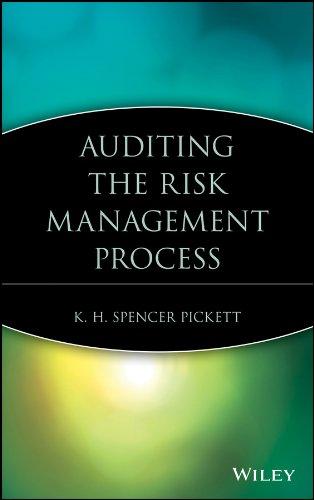Question
Does the requirement that a firm must assess its deferred tax assets every period for realizability and adjust the valuation allowance as necessary create volatility
Does the requirement that a firm must assess its deferred tax assets every period for realizability and adjust the valuation allowance as necessary create volatility in the entity's effective tax rate? Explain.
A. A need to raise the valuation allowance in the future will raise the effective tax rate. A future reduction in the valuation allowance will result in a debit to the valuation allowance and a credit to income tax benefit, thus reducing the entity's effective tax rate.
B. A need to raise the valuation allowance in the future will reduce the effective tax rate. A future reduction in the valuation allowance will result in a debit to the valuation allowance and a credit to income tax benefit, thus increasing the entity's effective tax rate.
C. Assessing an entity's deferred tax assets every period for realizability and adjusting the valuation allowance has no bearing on the effective tax rate.
D. Assessing an entity's deferred tax assets and adjusting the valuation allowance always results in an increase in the entity's effective tax rate.
Step by Step Solution
There are 3 Steps involved in it
Step: 1

Get Instant Access to Expert-Tailored Solutions
See step-by-step solutions with expert insights and AI powered tools for academic success
Step: 2

Step: 3

Ace Your Homework with AI
Get the answers you need in no time with our AI-driven, step-by-step assistance
Get Started


